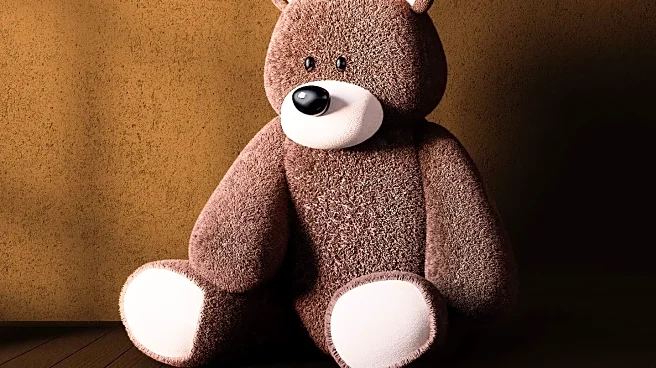What's Happening?
A concerned individual has reached out to The New York Times Magazine's Ethicist column, seeking advice on how to help a child living with an abusive mother. The individual, who previously cut ties with the mother,
is grappling with feelings of abandonment and ethical responsibility towards the child. The Ethicist, Kwame Anthony Appiah, suggests that the individual consider reaching out to school social workers or child protective services to ensure the child's safety. The dilemma highlights the complexities of intervening in situations of abuse, especially when personal relationships are involved.
Why It's Important?
This ethical dilemma underscores the challenges faced by individuals who witness abuse but are unsure of how to intervene effectively. The situation raises important questions about the responsibilities of bystanders and the potential impact of their actions on the child's well-being. It also highlights the need for accessible resources and support systems for those seeking to report abuse. The broader significance lies in the societal obligation to protect vulnerable children and the role of community members in safeguarding their welfare.
What's Next?
The individual may choose to act on the advice provided by The Ethicist, potentially contacting authorities or social workers to address the child's situation. This decision could lead to increased scrutiny and intervention by child welfare services, aiming to ensure the child's safety and well-being. The case may also prompt discussions on improving reporting mechanisms and support networks for individuals witnessing abuse.
Beyond the Headlines
The ethical considerations in this case highlight the importance of balancing personal relationships with moral obligations. It raises questions about the effectiveness of current child protection systems and the need for more robust support for those reporting abuse. The situation may inspire broader conversations on ethical responsibility and the role of community members in addressing child welfare issues.










